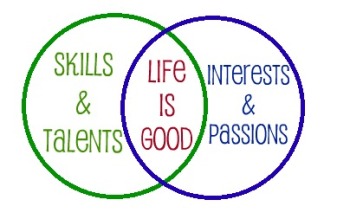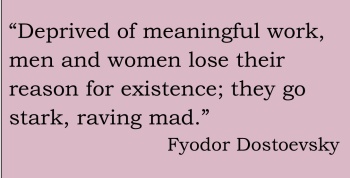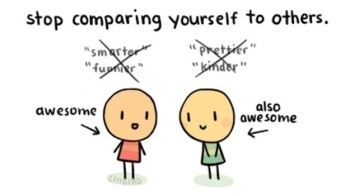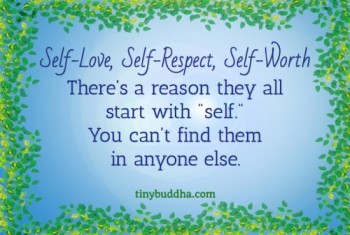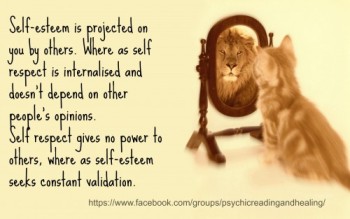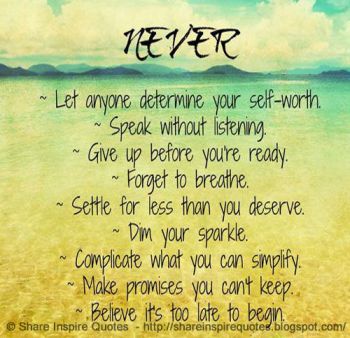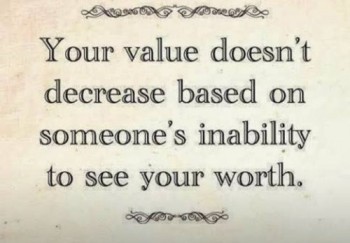
Ever wondered what happens to strong willed, spirited children once they grow into strong willed, spirited adults, I can only speak from my own experience and use it as a cautionary tale to parents who think there is nothing wrong with these unchecked temperaments and behaviours in children.
Vocabulary: (From Webster’s Dictionary)
- Strong willed: “Very determined to do something even if other people say it should not be done.”
- Willful: “Refusing to change your ideas or opinions or to stop doing something; something done deliberately.”
- Stubborn: “Unreasonably unyielding”, “Difficult to handle, manage, or treat.”
- Spirited: “Full of energy, animation, or courage”
I see a lot of Facebook posts, blog articles, and books about strong willed children. Some of the parents of these children like to predict that their child’s behaviours are signs of a future leader. Their child may or may not become a leader in the future, but what type of leader are they going to be? Why do we view moodiness, poor listening skills, controlling, intense emotions, and a refusal to listen to authority as leadership skills? Aren’t these the same behaviours that society deems to be unacceptable from a leader, despite the fact that we often tolerate those skills in order to remain subordinate team players?

Why is it that we don’t see the quite, obedient, shy child as a future leader? These traits don’t often describe what we look for in a leader, but aren’t these types of children possible future leaders as well? We teach children from an early age that those who are loud, bossy, controlling, and have constant disregard for authority will be the leaders and those who don’t fit this description will become future followers.
I don’t want to be lead by someone who rose to their position due to unhealthy and unchecked behaviour. I want to be lead by a person who has great vision, is able to delegate tasks to those with the appropriate skills, and has enough humility to admit when they are wrong and sincerely apologize. I want a leader who listens to others, makes sound decisions, and is emotionally stable. A leader who is not accustomed to being told “no”, doesn’t take constructive criticism, and correction very well. These are the type of people who will remove you from their network, circle of friends, and your employment if you dare to be right when they are wrong. These are the people who will take every little thing personally and seek revenge on you. They can be spiteful and engage in bullying behaviour. They do these things because they don’t know how to handle their emotions and behaviours in a healthy manner.
I’m not saying all strong willed and spirited children will turn out to be this way; that would be false and unfair. What I’m saying is, be careful how you teach and reward children for their problematic behaviour.

My childhood as a strong willed, spirited child was not easy. I was constantly punished and disciplined in unhealthy ways for my stubborn behaviour. I had caregivers and guardians who were hot tempered and didn’t hesitate in resorting to shouting, name calling, swearing, and embarrassment as a means of trying to tame me. I can honestly tell you their methods didn’t work. In fact, what it did do was teach me how to talk back, argue, lash out at others, and treat people the way I was treated by my caregivers. My behaviour and coping skills continued from childhood into adulthood.

Having not learned to manage my will and emotions, I experienced more hardship and struggles than was necessary for any young adult. I am still in the midst of learning and practicing emotional regulation and how to use my strong will in a healthier and more productive manner. This has also lead to increased management of my anxiety via mindfulness and meditation. Things aren’t perfect; there are times when I’m up and down; but now I am able to stop, take a step back and evaluate myself and my surroundings then make necessary and helpful changes. Learning from ADHD coaches and experts in the field of adult ADD/ADHD has also been a benefit for me in managing my behaviours.
I don’t tell parents how to raise their children, but I still think this is an important experience to share with others. As a society and a culture, we can’t assume that children will simply “grow out” of all their unhealthy behaviours without some guidance and role modeling from their parents. We also can’t ignore the reality that it truly does take a village to raise a child. Placing all the responsibility on parents is unfair. As a culture it is important to be aware of how we treat strong willed, spirited children and their opposites, the quiet, well behaved, obedient child. Any of these children might one day be our leaders, and how we influenced them will contribute to how they lead others.
Resources: (Click Titles Below To Open Link)
Defining Spirited and High Needs Children
5 Tips for Leading Strong Willed People
12 Ways To Deal With Stubborn People

